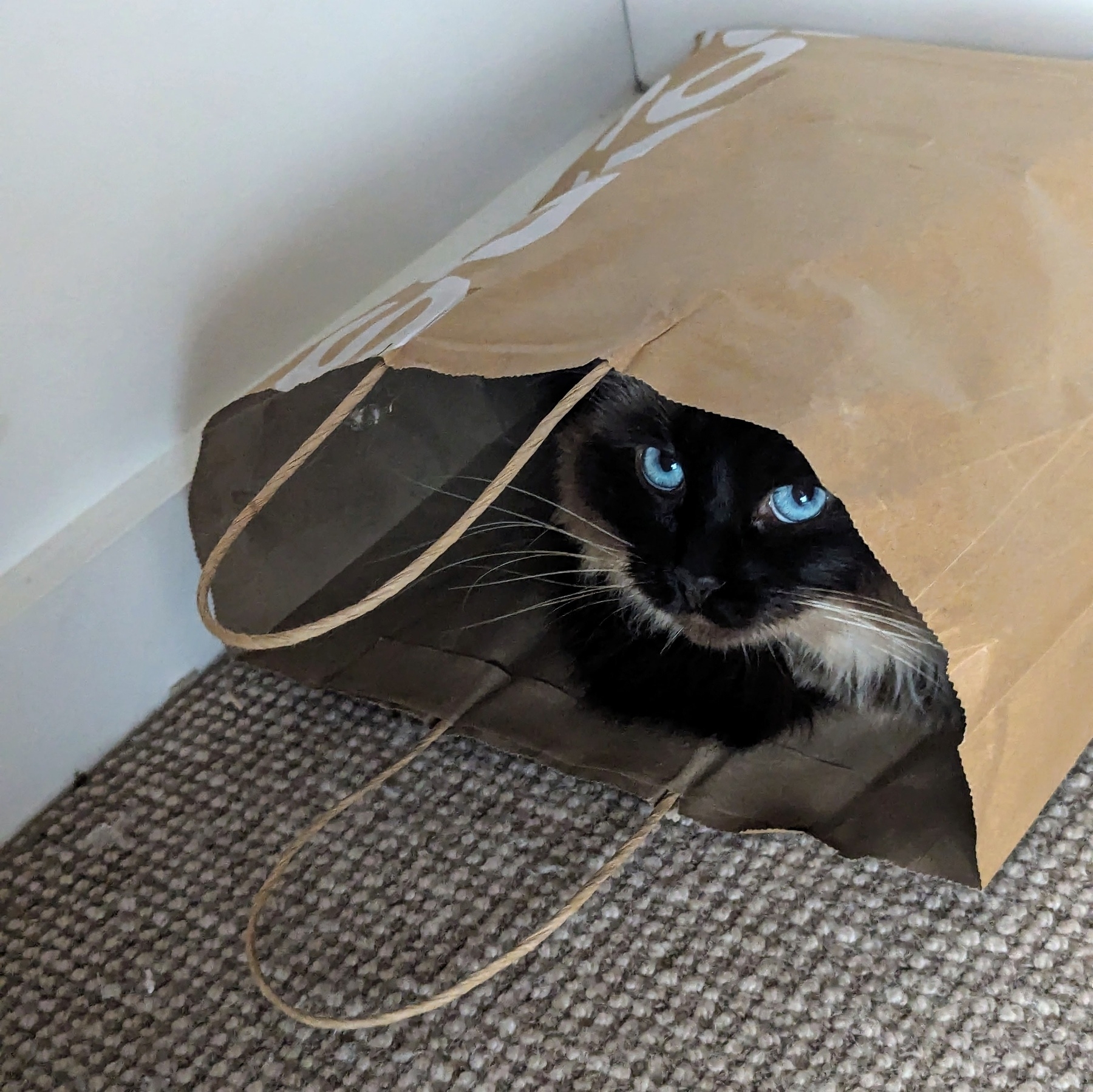Busybody, hunter, dancer - which is your curiosity style?
Are you curious about your world? If so, what does your curiosity look like? How does it feel, and how does it move? And could you expand your repertoire of curiosity?
In other words, could you practise curiousity differently?
Here’s political philosopher Perry Zurn on three kinesthetic modes of curiosity, the busybody, the hunter, and the dancer:
“If the busybody breaches the social world in order to collect novel bits of information, and if the hunter focuses intently on one piece of information that exceeds the knowledge network and yet already has social significance, the dancer may rupture knowledge and social networks by either jumping to a new idea or throwing existing ideas into a new frame. Driven neither by secrets nor by necessity, the dancer is an experimenter, breaking with traditional pathways of investigation. Their ideational sphere is characterized by discontinuity, the creation of new concepts, and by radically remodeling knowledge networks.” (Zurn 2019:40)
The first two modes, busybody and hunter, stem from time-honoured, traditional understandings of curiosity, which come from the classical Greeks and Romans onwards. The third mode, the dancer, is informed by the philosopher Nietzsche’s focus on dance as an analogy for the creative imagination.
For Nietzsche, life’s ultimate question was: ‘Does it dance?'
I’m intrigued by Zurn’s project of exploring the social and political implications of curiosity. It seems obvious that authoritarian regimes would discourage a curious public, but the connections between curiosity, creative freedom, and politics have hardly been examined in a rigorous manner.
Having read about Zurn et al.’s 2024 research on how Wikipedia users create and navigate knowledge networks, I’d now like to read Zurn’s book, 📚Curious Minds. The Power of Connection. This was co-written by Zurn’s identical twin, Dani S. Bassett.
Meanwhile, here’s a 🎙️podcast discussion about Zurn’s previous book, 📚Curiosity and Power. The Politics of Inquiry.
And my fall down this particular rabbit hole has led further down, to Lynn Borton’s excellent and encyclopedic podcast/radio show, 🎙️Choose to be Curious. OK, that’s my listening sorted for a little while.
I’m interested in all this, partly because I identify quite strongly with this ‘dancer’ mode of curiosity - making and pursuing links across otherwise disconnected fields.
Perhaps you might also find this perspective illuminating or useful.
And further, the typology of busybody, hunter and dancer also seems to have something to contribute to my understanding and practices of making notes. ‘Radically remodeling knowledge networks’, as Zurm puts it, is something I’m very interested in.
So if you too write notes, you might also get something of value from this discussion.

Curiosity: it might not be fatal